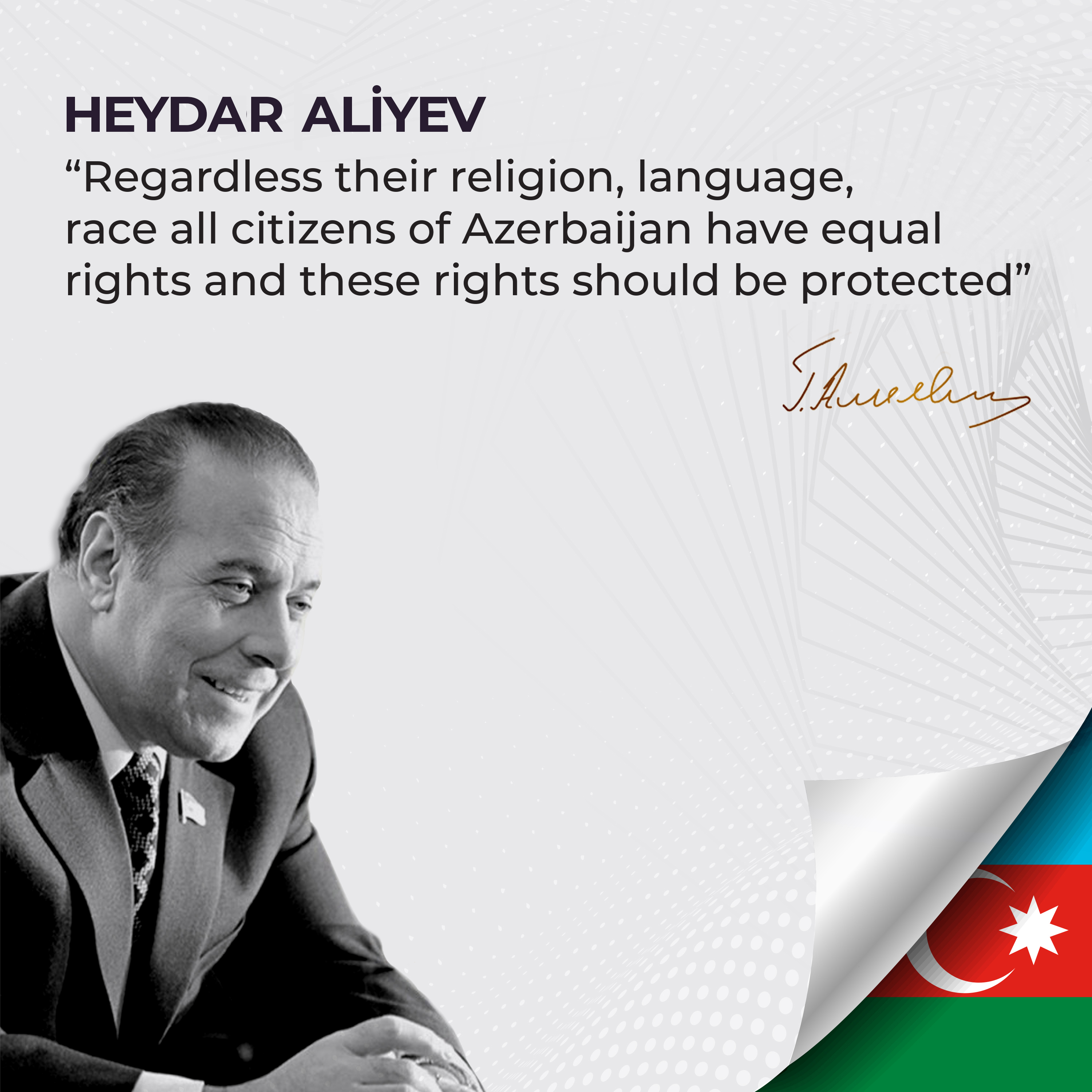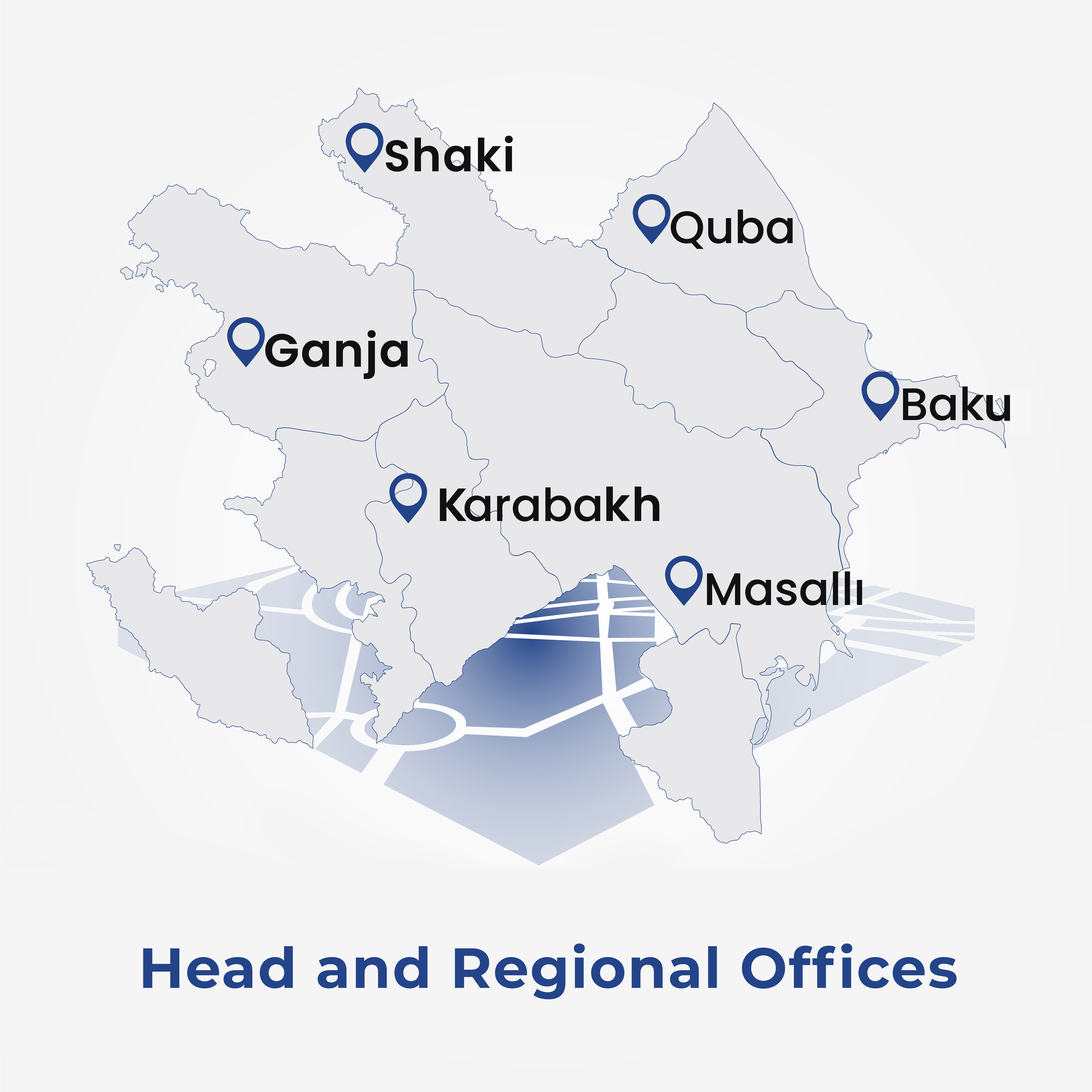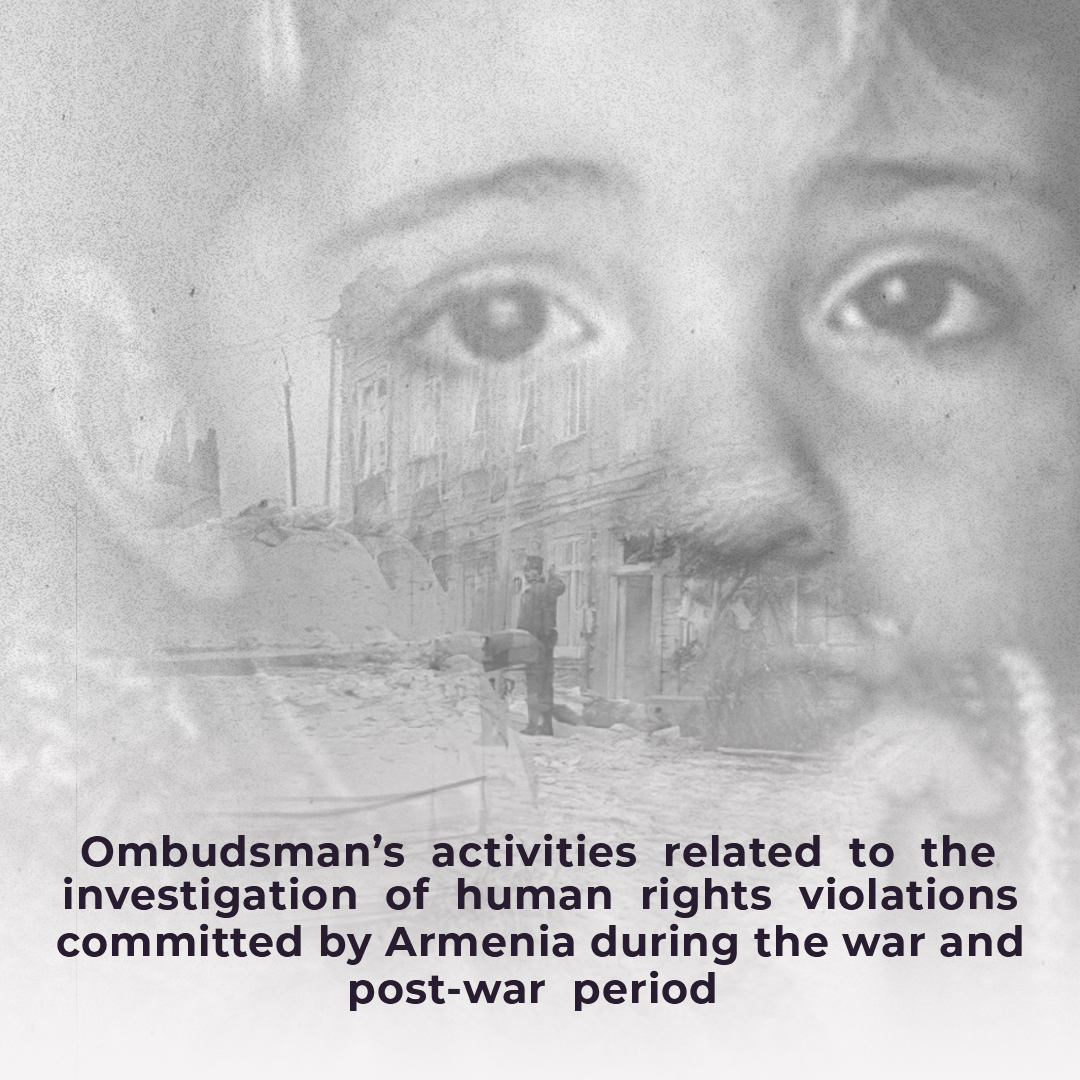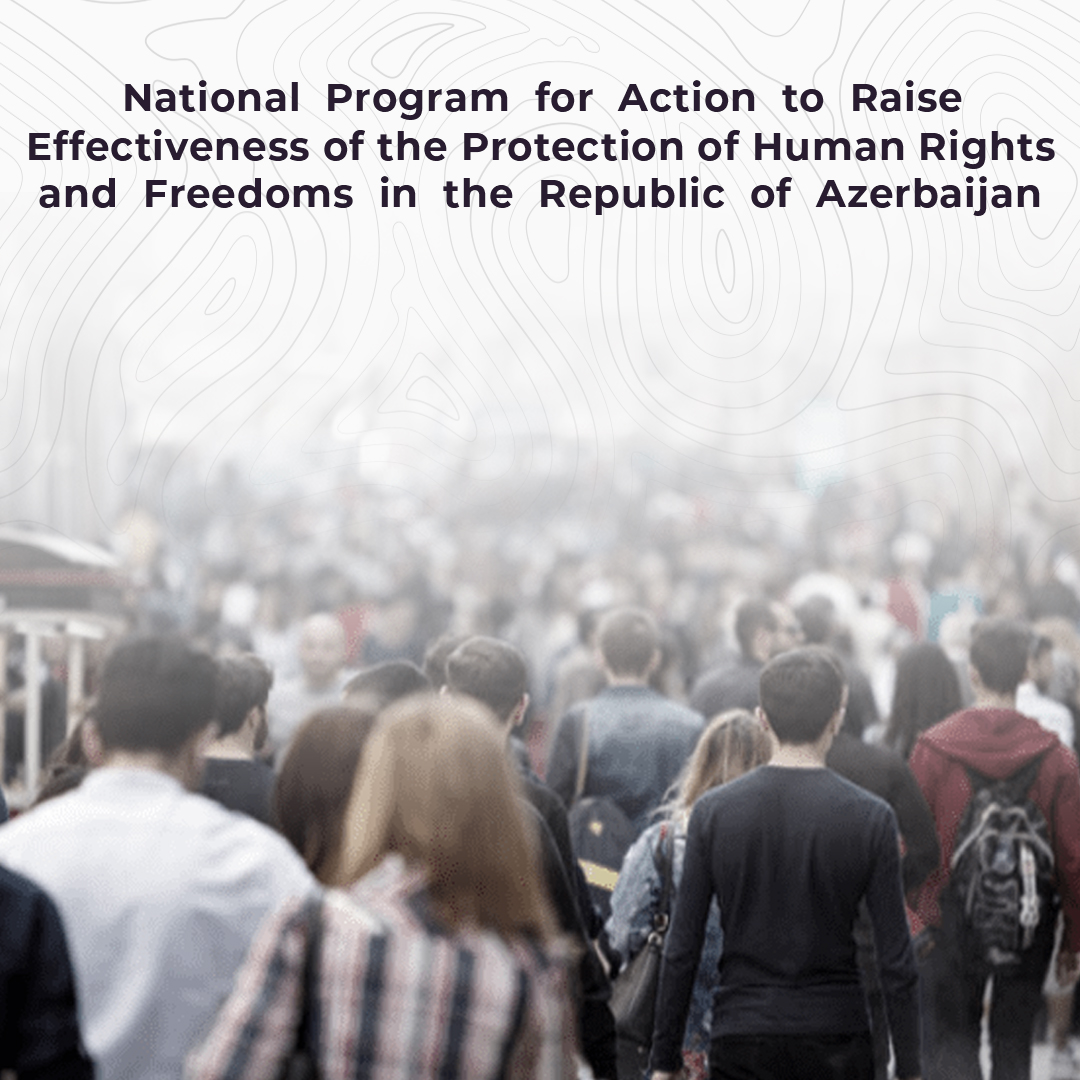
- Home page
- Commissioner
-
Activity Directions
- Mental Health and Human Rights
- Protection of the Rights of Population Groups
- Protection of the Right to Information
- Independent Monitoring Mechanism
- Legal Education
-
International Cooperation
- Cooperation with international organizations
- Cooperation with non-governmental organizations
- Study visits
- Projects
- Statements addressed to the international organizations
- “Ad hoc” reports
- Parallel and alternative reports submitted to the UN Treaty Bodies
- Oral and written statements submitted to the UN Human Rights Council
- Memorandums of cooperation
- Baku Declarations of Ombudspersons
- International Baku Forum
- Scientific Analytical Work
- Cooperation with Public and Civil Society Organizations
- Business and Human Rights
- National Preventive Mechanism Against Torture
- Protection of Human Rights
- Documents
- Media
- Live
- Contact
- Home page
- Commissioner
-
Activity Directions
- Mental Health and Human Rights
- Protection of the Rights of Population Groups
- Protection of the Right to Information
- Independent Monitoring Mechanism
- Legal Education
-
International Cooperation
- Cooperation with international organizations
- Cooperation with non-governmental organizations
- Study visits
- Projects
- Statements addressed to the international organizations
- “Ad hoc” reports
- Parallel and alternative reports submitted to the UN Treaty Bodies
- Oral and written statements submitted to the UN Human Rights Council
- Memorandums of cooperation
- Baku Declarations of Ombudspersons
- International Baku Forum
- Scientific Analytical Work
- Cooperation with Public and Civil Society Organizations
- Business and Human Rights
- National Preventive Mechanism Against Torture
- Protection of Human Rights
- Documents
- Media
- Live
- Contact
Call center
916
The Ombudsperson of Azerbaijan participated in the commemoration event dedicated to the 31st anniversary of the Khojaly genocide in Morocco
The Commissioner for Human Rights of the Republic of Azerbaijan (Ombudsperson) Sabina Aliyeva participated in the commemoration event dedicated to the 31st anniversary of the Khojaly genocide jointly organized in Rabat by the Embassy of the Republic of Azerbaijan in the Kingdom of Morocco and the Office of the Ombudsperson.
First, the Ambassador Extraordinary and Plenipotentiary of the Republic of Azerbaijan to the Kingdom of Morocco, Nazim Samadov, welcomed the event participants and gave information about the successive measures implemented by our state in order to give a legal and political assessment to the Khojaly genocide. The ambassador emphasized that decisions and resolutions condemning the Khojaly tragedy have already been adopted by the legislative bodies of many countries, as well as international organizations, and the work in this regard is being continued.
Speaking at the event, the Ombudsperson said that the Khojaly genocide was one of the most terrible crimes against humanity in the last century, and that this tragedy, during which hundreds of innocent people were brutally murdered, was actually committed as a continuation of Armenia's policy of ethnic cleansing and genocide committed against our country for many years.
It was brought to the attention of the participants that on the night of February 25-26, 1992, 613 people, including 106 women, 63 children, and 70 older people were brutally killed, 487 people were injured in various degrees, 8 families were completely annihilated by the Armenian armed forces with the help of the 366th motorized rifle regiment of the former USSR and that 130 children lost one of their parents, and 25 children lost both parents.
In her speech, the Ombudsperson touched on the problem of landmines that were buried by Armenia in the territories of Azerbaijan during the occupation, which currently prevent the return of IDPs to their homelands, and the fate of 3,890 Azerbaijanis who went missing as a result of the First Karabakh War.
S. Aliyeva said the successive measures taken in order to give a legal and political assessment to the Khojaly genocide are continued today by our state within the framework of "Justice for Khojaly!" campaign and called the event participants to join this campaign for the restoration of justice.
It was also mentioned that the Ombudsperson had addressed a statement to international and regional human rights organizations and diplomatic missions on the anniversary of the Khojaly genocide.
Noting with regret that although 31 years have passed, this crime is still not given a legal assessment in the international arena, the Ombudsman expressed her belief that in the near future decisive measures will be taken to bring the perpetrators of this crime to legal responsibility and to interpret this bloody event as genocide.
- National preventive mechanism against torture
- Protection of the rights of population groups
- Protection of the rights of refugees, IDPs and migrants
- Protection of the rights of detainees and prisoners
- Protection of the rights of military servants
- Protection of women's rights and provision of gender equality
- Protection of child rights
- General
- Legal awareness
- Protection of the rights of older people
- Protection of the rights of persons with disabilities
- Cooperation with public and civil society
- National preventive mechanism against torture
- International cooperation
- Non-Governmental Organizations
- Public hearings
- Mass media
- Business and Human Rights
- Protection of the rights of martyrs' families and war veterans
- Protection of the rights of migrants
- Prevention of discrimination and ensuring equality
- Right to information
- Mental health
- .
-

- The Ombudsman participated in the International Conference on “Artificial Intelligence and Human Rights: Opportunities, Risks and Visions for a Better Future” in Qatar.
-

- The Ombudsman sent letter to UN High Commissioner for Refugees regarding protection of rights of persons deported from Armenia.
-

- A representative of the Ombudsman Office took part in an event organized by the Ministry of Energy.
-

- The Ombudsman’s representatives participated in the Pardon Decree Enforcement Ceremony.
-

- A series of legal awareness events were organized by the Ombudsman's Regional Centers.
-




